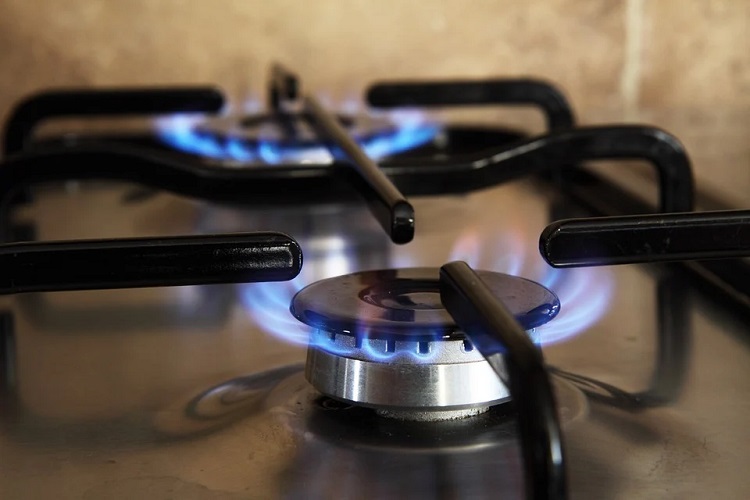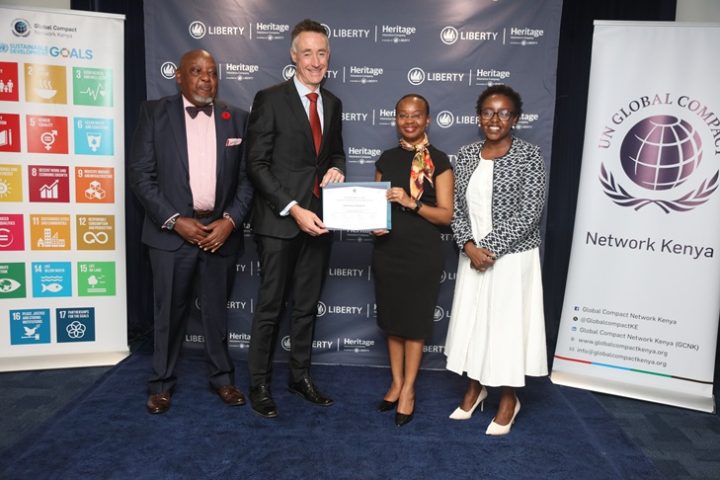By Brian Wafula
Kenya has made great moves when it comes to making available clean cooking energy in the past couple of years.
Commitment has been noted by the government to improve the policy and regulatory framework for clean cooking inventions.
The Energy Act 2019 puts emphasis on a liking for energy demand management that reduces demand for non-renewable resources, including for cooking resources.
The government has also made available standards relating to solar, clean cookstoves, and biogas. Finally, there have been various tax exemptions and incentives and zero-rating of clean cooking technologies and fuels including ethanol and furnaces.
This has propelled the use of clean cooking utilities and resources, also for consumers to have access to technology that achieves the standards that have been set, from pellets, briquettes, ethanol, to the different clean cooking stoves for biomass, solar cookers and more.
It is thus very disappointing to come to terms with the Finance bill 2020 proposal of an introduction of VAT of 14 percent on clean cooking and solar products, whether imported or produced within Kenya.
The Kenya Household Cooking Sector Study of 2019 revealed that 93% of households in the rural areas are still using firewood (trees) as the main source of cooking energy.
More so, most poverty-stricken urban homes rely on charcoal and kerosene. Healthwise, it is well known that these forms of cooking energy have a huge negative impact on the users exposed to them
In a country where a majority of the population still rely on unclean, expensive, and unsustainable cooking options, we need to give clean cooking options the first priority.
The Zero-rating of clean tandoors and parts has had a positive impact on the uptake. To see similar advancement in clean cookstoves and solar products, we need sustained tax exemptions and zero-rating of products to ensure they are within the financial reach of all consumers.
Every time the tax regime on clean cooking products changes, it impacts the rate at which these solutions can be taken up. Stability and subsidies to this area are key.
Further, we should be thinking beyond taxation of start-up technologies for the common good. With the huge health, socioeconomic and development impact that clean cooking can have on a country, it is ill-motivated to tax these products. Citizens will revert to using unsafe technologies that are deemed cheaper and this means deforestation to increased charcoal use by households.
Treasury and other government institutions should explore alternative ways to raise revenue for Kenya’s development agenda without threatening the livelihoods and well-being of our citizens.










